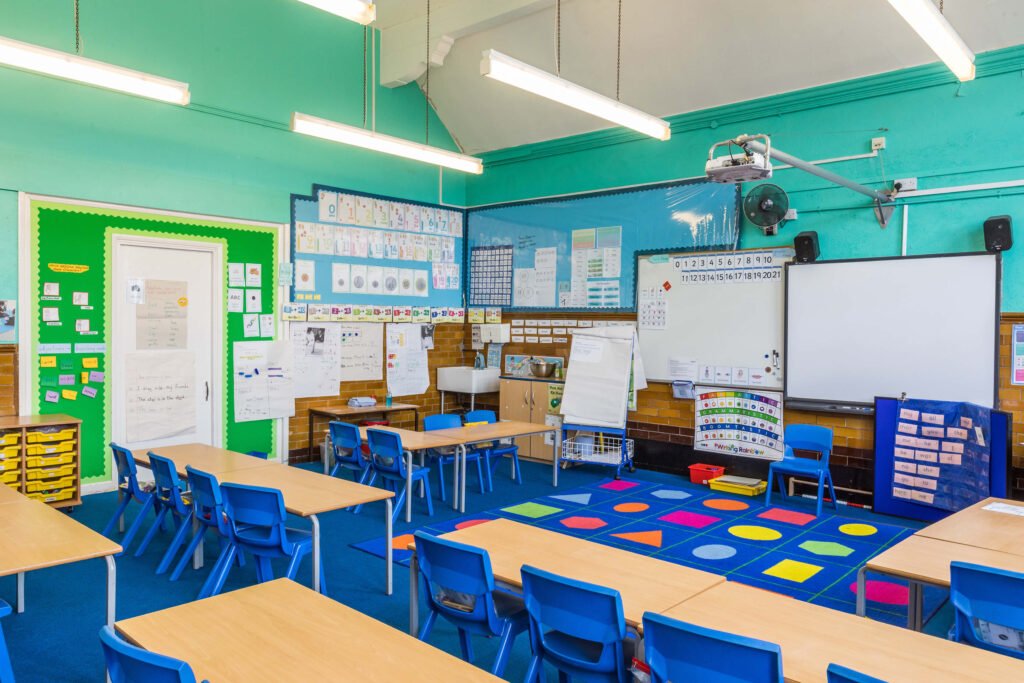Key Stage 1 is the first key stage of primary school, a phase of education for 5-7-year-old children. For many children this will be the first time they have been away from their parents or carers all day. You may find that your child is coming home very tired especially in their first term. Many schools choose not to offer extra curriculum activities (after school clubs) until the end of year one or the beginning of year 2 to help the children adjust.
Children in maintained school will be introduced to the national curriculum and will be taught English, Mathematics, Science, Art and design, Citizenship, Computing, Design and technology, Languages, Geography, History, Music and Physical education.
Towards the end of year 1, the children will take part in a phonics screening check. Children take it in a one-to-one setting with a teacher. This is usually their class teacher, but it could also be the headteacher or another teacher who knows the child well. Whilst children learn phonics to help them with both word reading and spelling, the Phonics Screening Check only tests their skills at word reading. This is sometimes called decoding.
At the end of Year 2, children take SATs in: Reading, English grammar, punctuation and spelling, or GPS (optional paper) and Maths.
In September 2017 it was confirmed that the KS1 SATs will be made non-statutory (so schools will be able to choose whether to administer them or not) from 2023.
By the end of year 2 children will be well into the routine of the school day and will be ready to move to key stage 2
What will you find different about Key Stage 1
In year one classroom are laid out very differently to reception the are a lot more desks.

There is an interactive whiteboard at the front of the class. This is where your teacher will do most of their teaching from.



